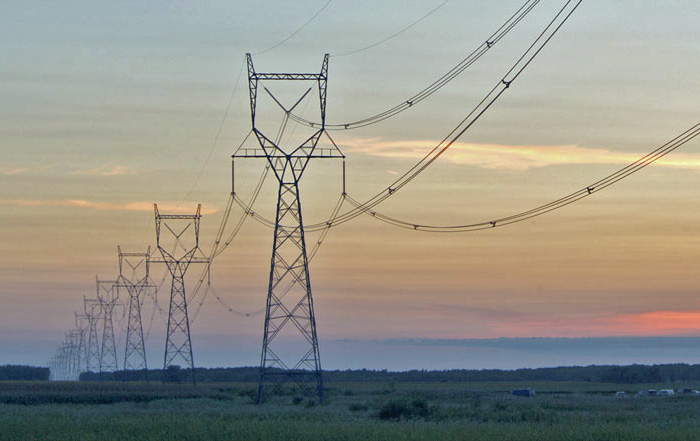The Manitoba government has approved the environmental licence necessary for the development of the Manitoba-Minnesota Transmission Project (MMTP), which will supply clean energy, enhance reliability, and generate significant revenue, keeping hydro rates lower for Manitobans.
“Our government recognizes the advantage of harnessing our renewable resources as we collectively work to reduce our environmental footprint,” Sustainable Development Minister Rochelle Squires said. “Manitoba has always punched above its weight as a clean, green energy provider. This project will not only create jobs and generate revenue here at home, it will also have a significant impact on reducing global emissions.”
Construction of the 500-kilovolt power line is already underway in Minnesota and construction of the Manitoba portion is set to begin as soon as possible, with a target of June 2020 for completion, Squires noted. Once operational, the clean energy exported to Minnesota will displace 1.5 megatonnes of emissions per year, equivalent to about seven per cent of Manitoba’s total annual emissions. The power line will also double Manitoba Hydro’s import capability, improving reliability in power emergencies and lowering costs of purchased electricity during drought periods.
The approval of the line followed a rigorous environmental assessment process that focused on the mitigation of significant impact along the transmission line. Prior to Manitoba approving the project, the Manitoba Clean Environment Commission held public hearings regarding the MMTP and recommended the project be licensed under The Environment Act with specific conditions to address public concerns. The National Energy Board has also reviewed the project and provided recommendations to the federal government that a certificate be issued for MMTP under The National Energy Board Act.
Manitoba’s Environment Act licence reflects the recommendations of the Clean Environment Commission and contains conditions requiring environmental protection during construction, preservation of cultural sites and protections for private lands, and environmental monitoring and reporting once construction is completed.
Manitoba also completed a detailed Crown-Indigenous consultation process as part of the overall project review. The consultation process provided Indigenous communities with additional opportunity to become engaged and informed about the project and to share any comments, concerns and recommendations to protect Indigenous rights and environmental interests, the minister noted.
Squires also called on the federal government to issue the required federal certificate, needed for construction to begin.
“We call on Canada to issue this certificate immediately so as to avoid construction delays, which could cost Manitoba ratepayers millions of dollars in lost revenue and construction delay penalties.”




